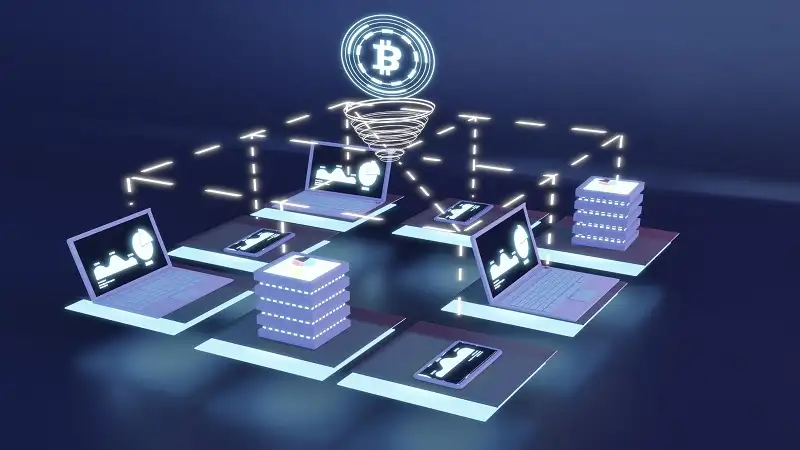The Rise of OpenAI: A Revolution in the Making
OpenAI was founded in 2015 with a mission to develop artificial intelligence that would benefit all of humanity.From its early days, the company has pushed the boundaries of AI research and development. It made significant strides in machine learning, reinforcement learning, and natural language processing (NLP). OpenAI’s commitment to innovation is evident through groundbreaking advancements like GPT-3, which powers ChatGPT. Its subsequent versions continue to evolve, becoming more sophisticated and capable.
OpenAI success with ChatGPT, coupled with the introduction of subscription models and premium services like ChatGPT Plus, has seen an exponential rise in user adoption. The milestone of 150,000 users is not just a number; it signifies how rapidly AI is being integrated into daily life, and it highlights the increasing demand for powerful AI tools capable of solving complex challenges.
Ghaffary Insights: The Role of AI in Business and Innovation
Ghaffary, a well-respected tech investor, entrepreneur, and advocate for AI adoption, has been vocal about the transformative potential of AI, particularly when it comes to how businesses can harness its capabilities. According to Ghaffary, AI is no longer a futuristic concept; it is very much part of the present, and its implications for business strategy, customer engagement, and operational efficiency are profound.
One of the areas where AI, especially ChatGPT, is making waves is in customer service. Businesses are leveraging AI chatbots like ChatGPT to enhance their customer support systems, providing quick, efficient, and accurate responses to a wide range of queries. This not only improves customer satisfaction but also frees up human agents to handle more complex tasks that require emotional intelligence and nuanced understanding.
Moreover, AI tools like ChatGPT are helping businesses scale content creation. For marketing teams, AI-generated copy is becoming a go-to solution for writing blogs, social media posts, and even advertisements. In the creative industries, ChatGPT assists with brainstorming, scriptwriting, and content ideation, enabling faster production cycles and more engaging content.
However, Ghaffary also emphasizes the importance of understanding the ethical implications of AI. As powerful as tools like ChatGPT are, they require responsible usage and governance. Issues surrounding AI potential for bias, data privacy, and its impact on employment are areas that need continued focus as AI becomes further embedded in our lives.
Ghaffary perspectives align with the broader tech community growing recognition that AI true potential can only be unlocked if used responsibly, ensuring it benefits everyone and not just a select few. In this context, openai 150k chatgptghaffarybloomberg highlights how the collaboration of investors and media platforms has shaped the current trajectory of AI role in business.
Bloomberg Coverage: The Economic Impact of ChatGPT and OpenAI
As ChatGPT has risen in popularity, major media outlets like Bloomberg have closely followed the developments in the AI space, offering insights into how these technologies are reshaping industries. According to Bloomberg, the rapid proliferation of tools like ChatGPT is a testament to the increasing demand for AI-powered solutions, especially in areas that were once considered too complex or niche for machine-driven innovations.
The economic impact of AI, particularly through platforms like ChatGPT, is multifaceted. In the business world, AI is driving significant efficiency gains by automating tasks that were previously time-consuming or manual. From data analysis to customer interaction, AI is transforming the way companies operate, allowing them to scale without the proportional increase in labor costs.
OpenAI success, as reported by Bloomberg, also has broader implications for the tech industry. OpenAI advancements have spurred innovation not just within its own company but across the entire AI sector. Competitors have emerged, and various companies are racing to develop AI solutions that rival or complement OpenAI offerings. This intense competition is leading to a surge in investment in AI research and development, and experts predict that the economic impact of AI will continue to grow exponentially in the coming years.
ChatGPT Global Influence: Changing the Workforce Landscape
The integration of AI tools like ChatGPT into the workplace is having profound effects on the workforce. Automation is reshaping industries, and AI is playing a central role in this shift. As businesses adopt AI technologies, some jobs are being replaced by automated systems, while others are evolving to require new skills. This shift has raised concerns about job displacement and the need for upskilling.
However, experts like Ghaffary argue that the rise of AI does not necessarily mean the end of jobs. Instead, it signifies a transformation in the types of skills required in the workforce. While AI can handle repetitive tasks, it also creates new opportunities for individuals to focus on more strategic, creative, and interpersonal roles. This shift will require workers to adapt, learn new skills, and collaborate with AI systems rather than compete with them.
